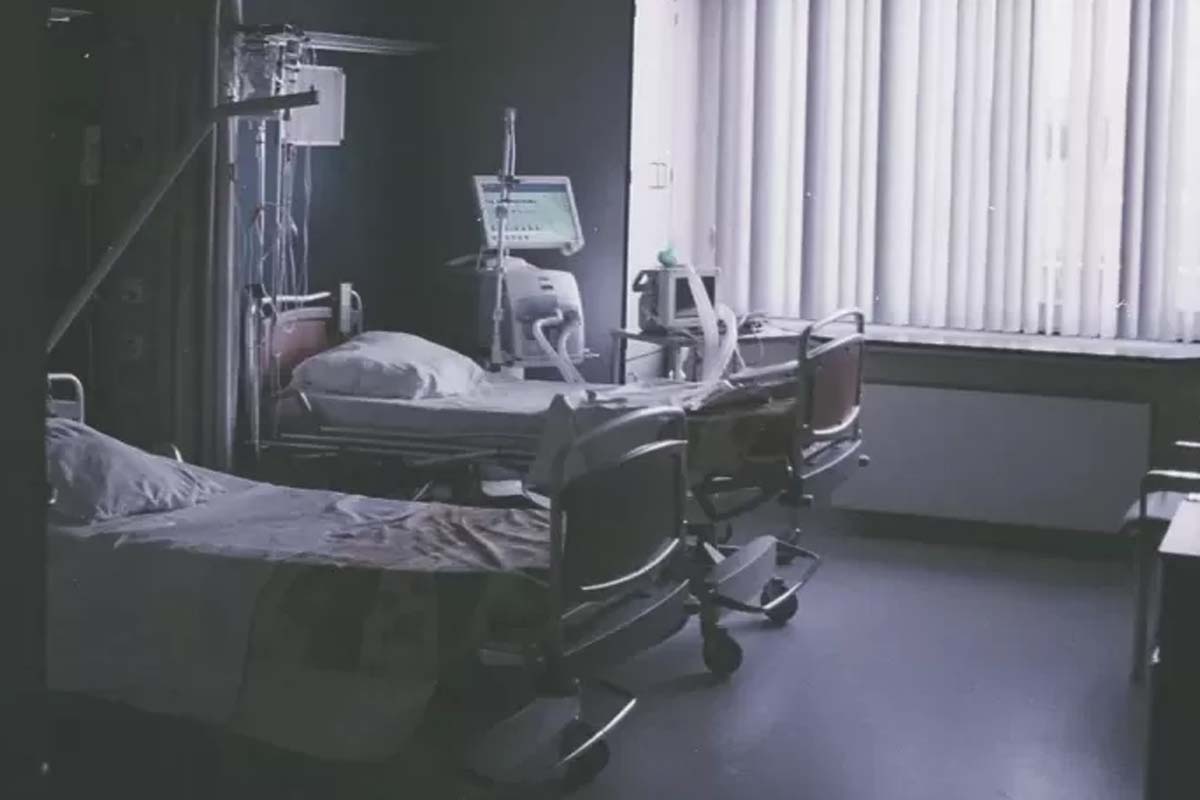If you or someone you care about is thinking of filing a claim for compensation for medical negligence or personal harm, you should be aware of the time limits involved. This time restriction is referred to as the ‘limiting period.’
The usual statute of limitations for medical negligence and personal injury lawsuits is two years from the date of the negligence. It is within this timeframe that the Court proceedings involving medical negligence claims and the filing of a claim by a solicitor with the court must take place. However, in certain cases, the two-year time restriction will not begin until a later date. Such cases are as follows:
Minors
Children or minors cannot file a claim on their own and must rely on a ‘Litigation Friend,’ who is generally a parent or close family, to do so on their behalf. The limitation period does not begin until the child reaches the age of 18, giving them the chance to file a claim as an adult if no one has already filed a claim for them. As a result, the restriction period ends on the child’s 21st birthday.
Date of knowledge
In some cases, solicitors dealing with medical negligence claims and these time limits may be unable to pinpoint the precise date when the injury happened. In this case, the limitation period begins from the injured person’s “date of knowledge.” Before a claimant may be deemed to have ‘knowledge,’ three major conditions must be met:
- The seriousness of the damage in issue;
- That the harm was caused in whole or in part by the act or omission that is alleged to be carelessness, annoyance, or breach of duty;
- The defendant’s identification
Mental capacity
In some cases, the wounded person lacks the mental capacity to understand or file a claim, and the law recognises how this group of people may be unfairly penalised by the two-year time restriction.
Death
If the injured person dies during the two-year limitation period, the two-year term starts again from the date of death or the date of knowledge of the deceased, whichever is later as it’s rendered a new case. This enables the estate of the dead to file a claim on their behalf.
Time limitation legislation may be quite difficult, especially when it comes to medical care, and the information above shows the basic situation. The circumstances of each case are unique and must be examined on their own merits, which is why it is helpful to seek solicitors who have experience in medical negligence claims and the relevant time limits as soon as you believe you have been injured.





